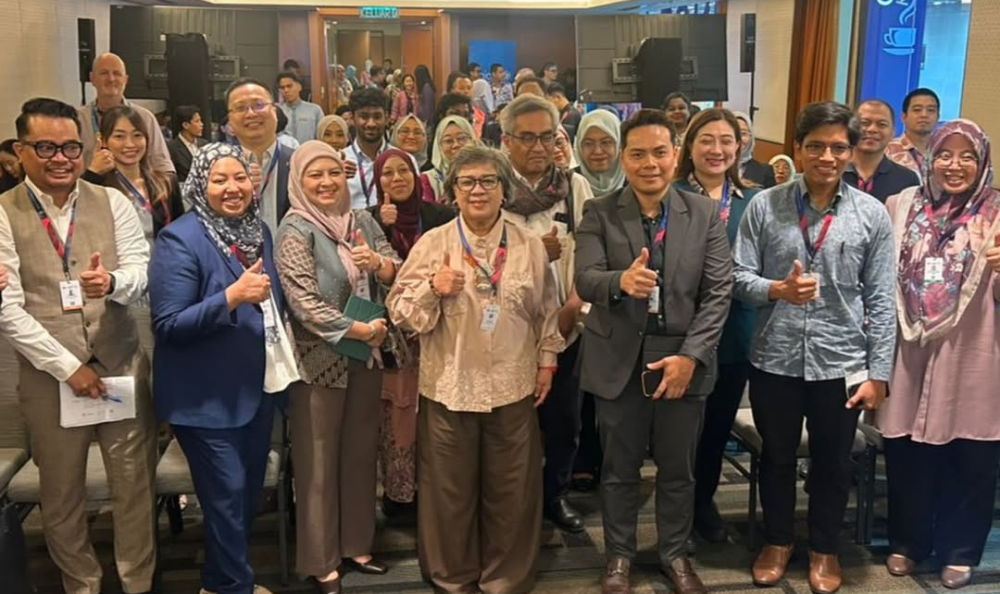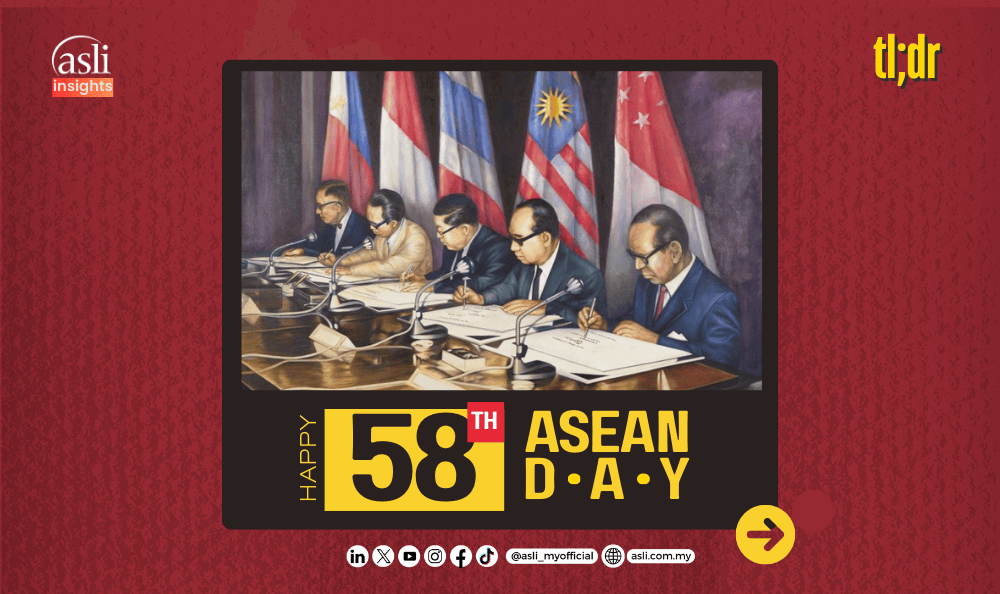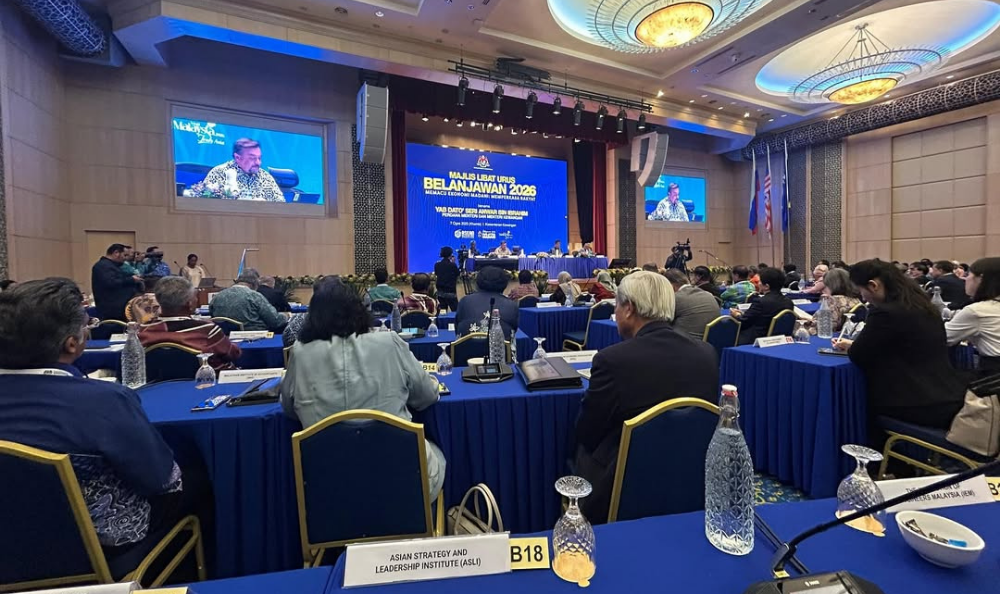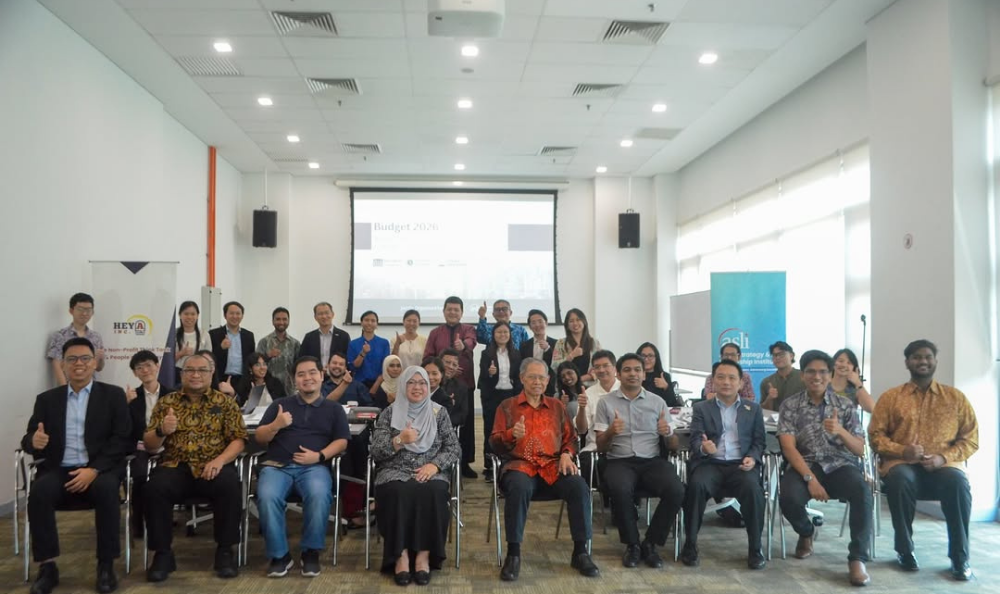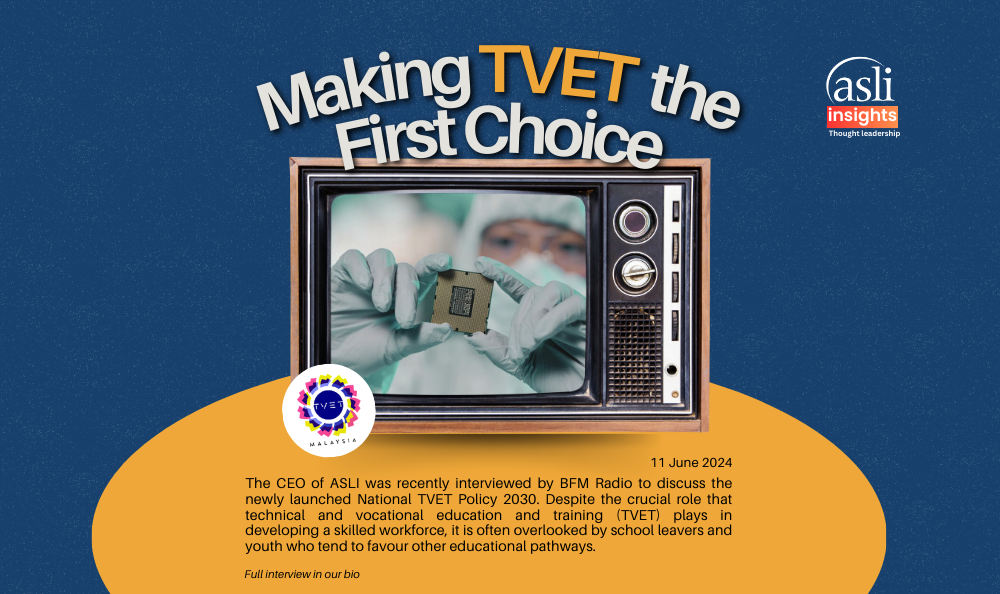
Making TVET the First Choice
The CEO of ASLI recently discussed the potential of the National TVET Policy 2030 on BFM Radio. ASLI highlighted three key metrics to assess TVET programmes in Malaysia: Employability, Industry Satisfaction, and Industry Demand. Recent investments from companies like Infineon, NVIDIA, and Tesla signify an increasing demand for skilled talent from our vocational schools.
Despite this, challenges such as fragmented qualifications, inconsistent wage scales, and lingering perceptions of TVET as a secondary option remain. The National TVET Policy 2030 aims to reform this by coordinating governance, unifying standards through a digital data-sharing platform, and promoting TVET as a prestigious career path through high-impact activities and career guidance.
To further strengthen TVET funding, the government should explore a collaborative approach. Matching grants with industry could provide a significant financial boost, while fostering stronger partnerships with the private sector. Additionally, while continuing valuable initiatives with China in training TVET talent, it’s crucial to identify unique differentiators that will solidify Malaysia’s competitive edge in the global market.
The real test lies in effective follow-through. Moving forward, the government’s role is crucial in being a dominant mediator, to transform Malaysia from an assembly and manufacturing hub into a centre of innovation and high-skilled talent.
In conclusion, ASLI suggests that ramping up communication, engaging with parents, offering scholarships, and celebrating TVET enrolment are essential steps toward redefining vocational education as a first-choice career path.
Full interview: https://linktr.ee/asli_myofficial
